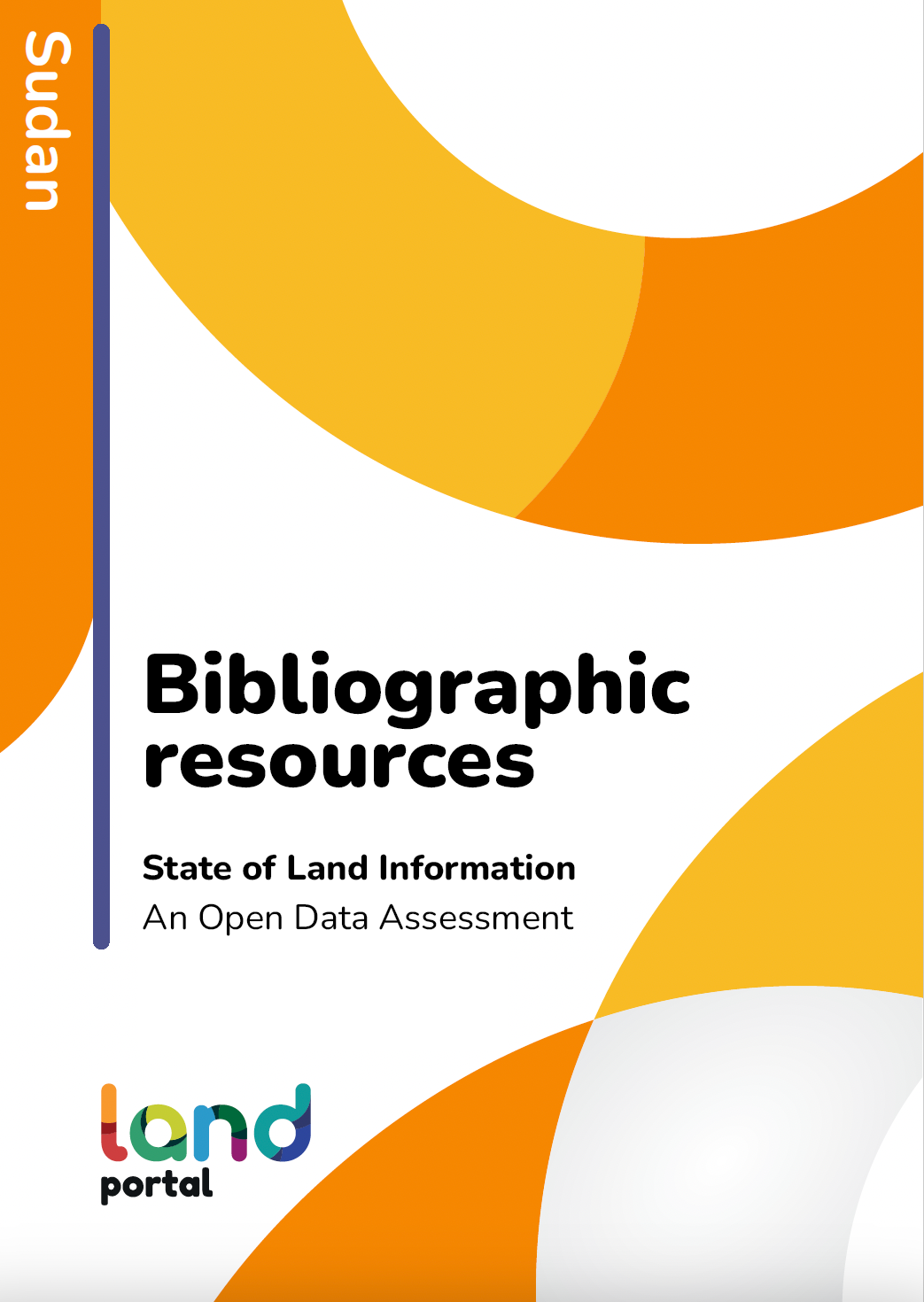Sudan; Interim National Constitution (2005)
Legislation & Policies
Sudan
Sub-Saharan Africa
Africa
English version of the 2005 Sudan Interim Constitution who was accepted by the Sudan National Assembly on 6 July 2005. The text institutes the foundations of the decentralized Sudanese state and has provisions regarding elections and power sharing.


